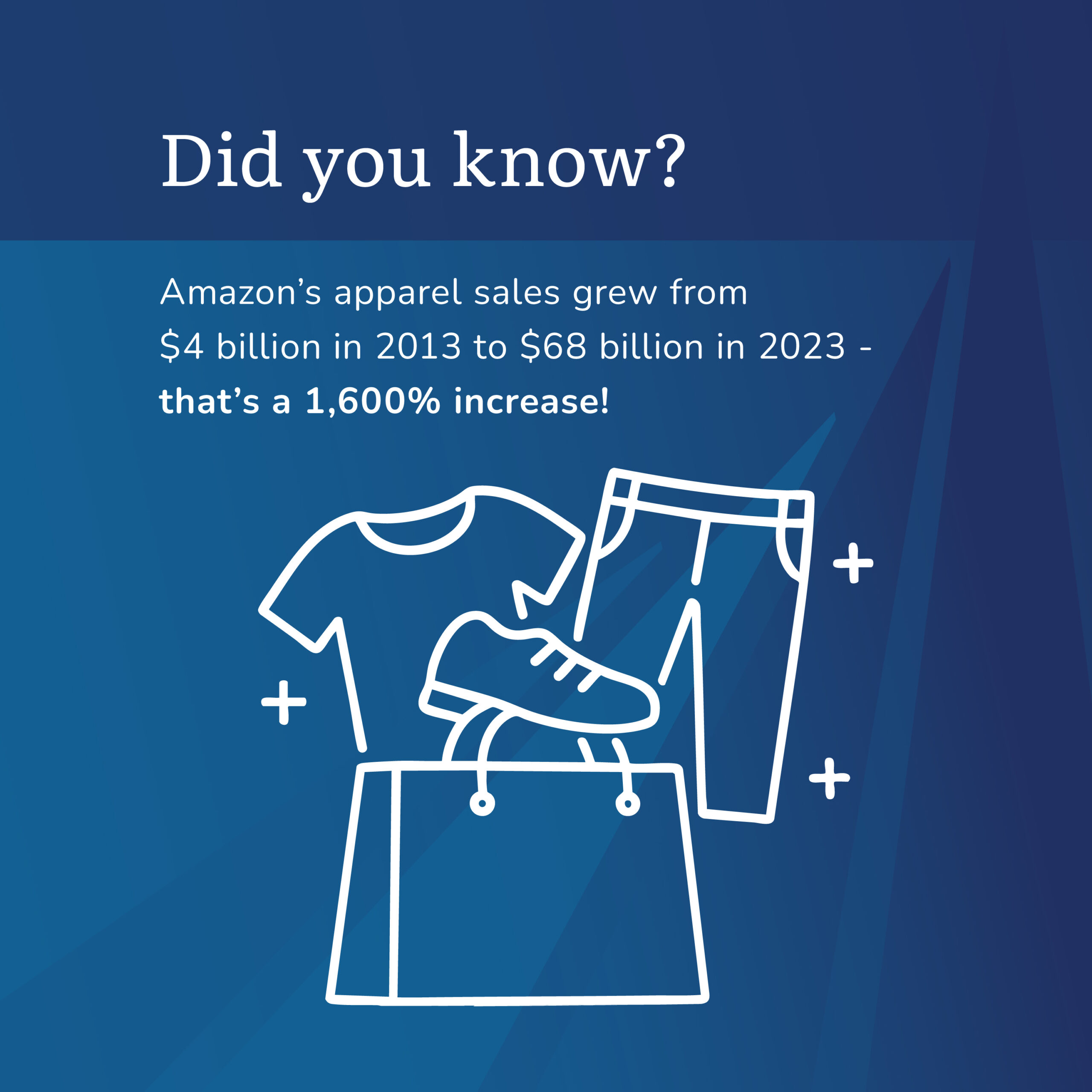Should I Buy or Lease a Car?
After buying a home, one of the next major purchase decisions (and expense) is a car. The latest headlines and recent article in the Wall Street Journal “Buying a Car Now Is Brutal—New or Used. Read This First” (linked below) states how the market for cars has been turned upside down due to lack of inventory and parts availability and the transaction price of used cars is up 24% from June 2020. With minimal deals to be had, buying a car now appears to be more challenging than it was in the past.
Whether to lease or buy can depend on your circumstances and preferences. I made a rough calculation a few years ago while having a discussion with a coworker (assuming the car market is behaving normally) and the conclusion was if you bought or leased the exact same car, you would have roughly spent around the same amount after the first three years, assuming there is an opportunity cost to buying a car for cash outright. Depreciation decreases the value the longer you keep the car, so one way to save on a car is to buy a two- to three-year-old car that has taken the initial depreciation hit, keep it for seven to ten years, and hope the repairs are not expensive.
Things to Consider When Buying a Car
Do you want to pay cash or finance?
Depending on interest rates, it may make sense to pay cash if you have sufficient cash available. If you have $50K sitting in cash earning 1% but your loan would be at 6%, it may make financial sense to pay cash. If the $50K is all you have in emergency savings, you may not want to tie up funds in a depreciating asset and prefer to go the finance route, especially if you are still working. Another consideration would be the probability of you replacing that $50K with new savings once it has been used to buy the car. Some people psychologically have a harder time paying themselves back than paying the bank. Interest rates for new cars are usually cheaper than for used cars and often the dealer may offer very low-interest financing. If your $50K is invested in the equity market and you expect a 7% return or more over time (although the market can go either way), you may prefer to finance and leave your money to grow. Another important aspect for retired clients is if your money is all in an IRA or other retirement account — taking out a $50K lump sum to buy a car may actually be a $70K withdrawal once you factor in taxes and may push you into a higher tax bracket for that year.
Maintenance and Depreciation Costs
If you are buying a car, you would want to check into what is covered under warranty and for how long. Anything not covered would be your responsibility and an extra expense. Some warranties on new cars are not worth the paper they are printed on (expensive mechanical systems that tend to give trouble are sometimes not covered) and often the dealer will try and talk you into purchasing an extended warranty.
Another point to consider is if you have an accident with a car you own when you try to resell it you are going to get a lower value for it. Some insurance policies offer coverage for this possibility. Before choosing a car, check out resale values for that type of car so when you are ready to sell, you will have an idea of the future valuation. In order to get a sense of how much a car costs, TrueCar.com or Edmunds.com are great tools. True Car aggregates all the new or used cars in the area based upon factors you determine (make, year, model, etc.).
Most car dealers have some negotiating room which can be up to a couple of thousand dollars, especially if a new model is coming out, so do your research before negotiating.
Things to Consider When Leasing a Car
Lease Commitment
If you tend to keep cars for a long time, purchasing may be the way to go, but if a shiny new toy every few years is your thing, you might want to look into leasing. If you believe your circumstances may change such as a new baby on the way, elderly parents coming to live with you, or a future move from a summer climate to a winter climate, leasing provides more flexibility since you are not committed to the car for more than 2-4 years. Also, you will likely be able to get more car for your money with a lease.
There is usually an upfront cost to leasing which is an amount due at signing (tax, tag, title, down payment, delivery costs, etc.). This lump sum usually reduces your monthly payments and may be required depending on your credit. Some dealers offer $0 down but all this does is increase your monthly payments; it is all a numbers game — higher down payment means lower monthly payment and vice versa. To get an idea of what you are really paying each month on average, you may want to divide the down payment by the months of the lease.
Maintenance & Mileage
Some brands have scheduled maintenance included which can be quite convenient. However, there are also several coverages such as tire protection and dent and scratch insurance that you can buy which will increase your lease payment. Most standard lease offers allow 10,000-mile limits. If you drive more than 10,000 miles, this will also increase your payments on the front end, or on the back end when you return the car you will be required to pay for the extra miles. It is usually cheaper to pay for the miles before you return the car and in some cases, there is a time frame (you have to buy the extra miles 3 months before the end of the lease). Extra mileage can range from around $0.15 to $0.30 per mile and can add up fairly quickly. At $0.30 a mile, 3,000 extra miles will cost you $900. If you drive more than 15,000 miles annually, purchasing a car may also be cheaper for you as leases have mileage limits — if you are driving 25,000 miles a year this can get restrictive and expensive. Keep in mind even on a purchased car, the increased mileage will fetch you a lower sales price when you are ready to sell anyway.
Insurance costs
Leases also require full insurance coverage to protect you and the leasing company, so if you want to pay less insurance, purchasing may be a better alternative. Additionally, leased cars usually have GAP insurance built-in; this pays the difference between what you owe and what your car is worth if stolen or totaled in an accident. Loans do not usually have this coverage, so you would need to check with your insurance company to see if this is something they offer.
There are some companies/websites that will allow you to lease a car on a month-to-month basis which may be beneficial depending on your circumstances. If you have to terminate your lease early, www.swapalease.com is a useful website that I have used several times in the past and found very efficient; however, not all car brands are supported.
Tax benefits
Lastly, if you own your own business and can use lease payments or mileage allowance as a tax write-off, this may be another factor to consider.
Buying a Car Now Is Brutal—New or Used. Read This First
https://www.wsj.com/articles/buying-a-car-now-is-brutalnew-or-used-read-this-first-11626433201
Categories
Recent Insights
-

Rebuilding Financial Confidence After Divorce: Managing Risk & Moving Forward
Divorce is not just an emotional transition—it’s a financial one, too. The process of separating assets, redefining financial goals, and adjusting to a new financial reality can feel overwhelming. But with the right mindset and strategies, you can regain control and build a future that aligns with your new chapter in life. Understanding Financial Risk…
-

Giving with Pride: Smart Strategies for LGBTQIA+ Donors
Understanding the Landscape of LGBTQIA+ Philanthropy LGBTQIA+ donors are uniquely positioned to drive meaningful change, but the philanthropic landscape remains complex and underfunded. Historically, LGBTQIA+ organizations have faced significant challenges in securing resources, often competing with larger, more established nonprofits for limited funding. This disparity highlights the importance of strategic giving to ensure that your…
-

How to Build Lasting Relationships that Propel Your Business and Elevate Your Community
As business leaders, our role in the community extends beyond charitable acts—it’s a strategic initiative that strengthens both our businesses and the communities we serve. Building meaningful community partnerships is not just about doing good; it’s about doing it strategically to foster deeper relationships, enhance your brand, and make a lasting difference. But where do…
-

Talk Your Chart | From Tax Trends to Firing a God Portfolio: Economic Insights | Episode 68
In Episode 68 of Talk Your Chart, Marcos and Brett dive into a jam-packed discussion of economic trends, market psychology, and long-term investing. From tax receipts and Social Security’s ticking clock to why even a ‘God’ portfolio gets fired—this one covers it all and more. Charts available for download here.
-

The Other Behavioral Gap: Why Total Return Investing Could Be the Key to Your Financial Freedom
What is the Other Behavioral Gap: If you’ve been investing for a while, you’re likely familiar with the first major behavioral gap: emotional investing that is driven by fear or greed. These forces drive you to buy high and sell low. It’s a pattern that often shows up when market fluctuations cause knee-jerk reactions. But…
